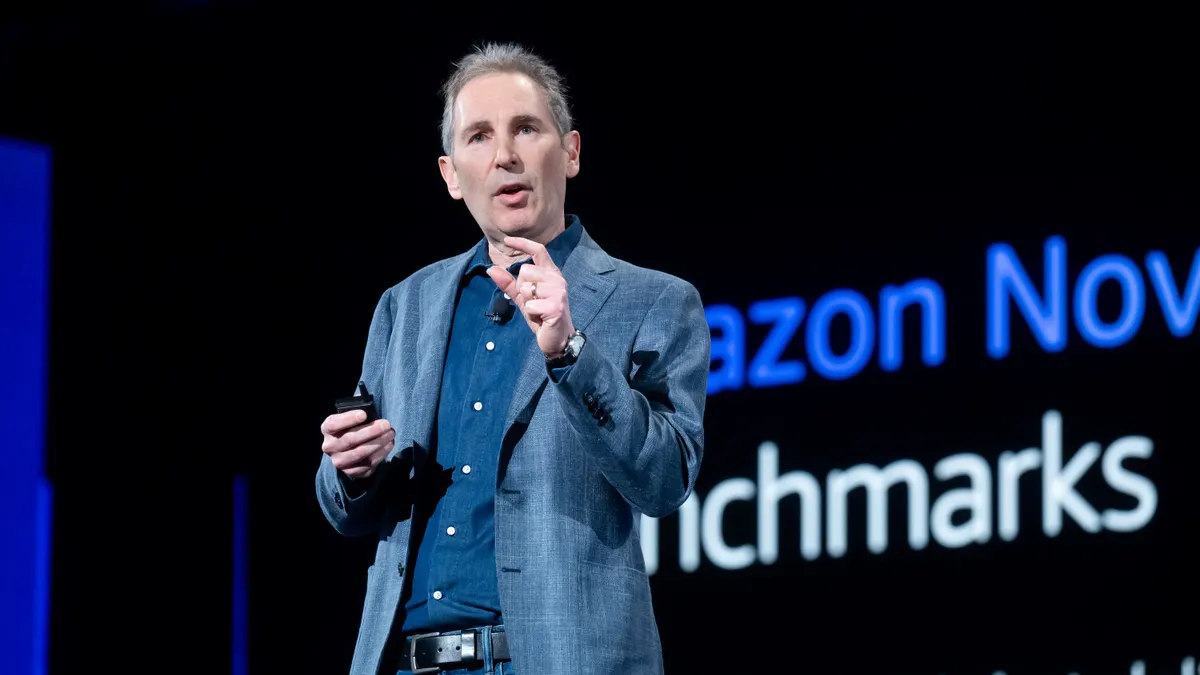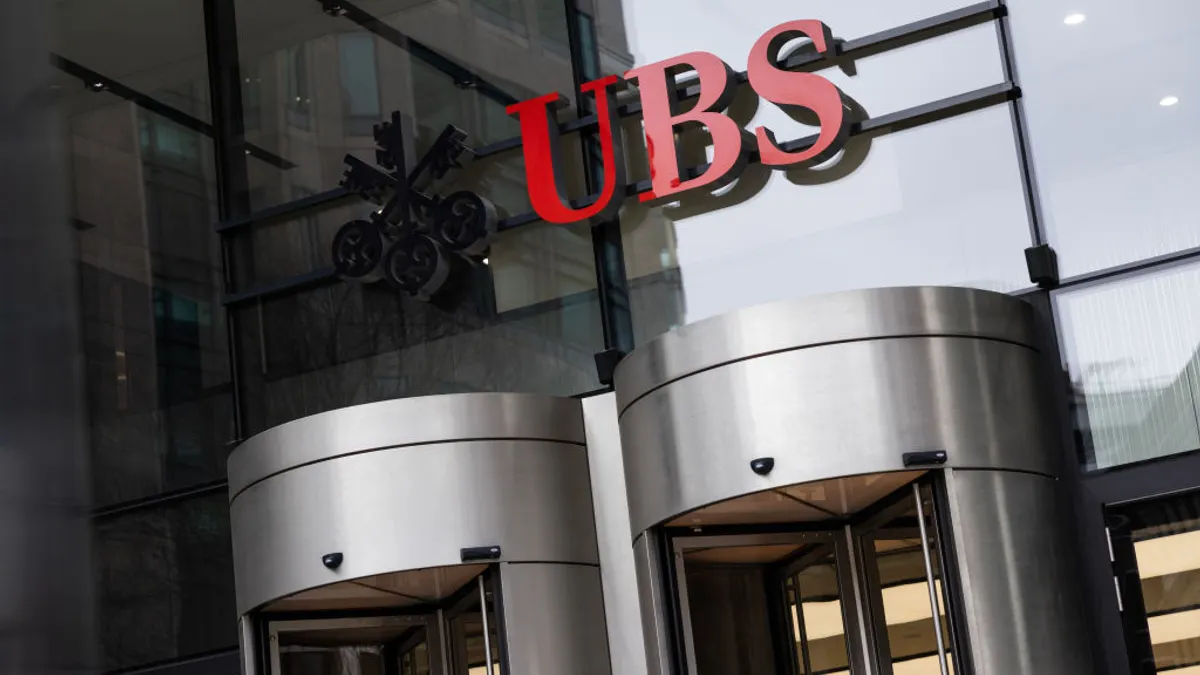As Mondelēz International embarked on a sizable systems overhaul, the snack maker was looking for ways to alleviate burdens on its tech team and developers.
“With all the things we’ve been doing, finding ways to speed up and make [engineers] more agile and give them capabilities was a No. 1 priority,” Sean Tibor, director of global cloud engineering at Mondelēz, told CIO Dive. A coding assistant fit the bill.
Tibor gave developers access to Amazon Q, a generative AI-powered assistant, “as early as I possibly could, to be honest.” Since embedding the tool in engineering workflows, Mondelēz shortened its development cycles and new hires began using it as a learning resource.
Mondelēz measures the tool’s value in three parts: quantitatively, qualitatively and anecdotally.
“We are set up well to encourage adoption, and then we’ve got the feedback loop on the metrics to be able to see what they’re actually using it for and that we’re getting the value out of the spend that we’re putting into,” Tibor said.
Enterprises have tied more development practices to AI as engineers have embraced coding assistants and the technology has improved. In one benchmark, AI systems solved nearly 72% of coding problems in 2024, compared to just 4.4% in 2023, according to the Stanford Institute for Human-Centered AI’s latest AI Index report published in April.
Mondelēz developers have free rein to use Amazon Q across any project in the company’s environment. An internal AI review board helped make the decision after ensuring that teams could use encryption keys to manage data, monitor usage and disable training for outside use cases.
“We’ve done a major migration from legacy data centers over to the cloud, and this is wave three of cloud migrations for Mondelēz,” Tibor said. “What we’ve been migrating over has been a lot of the most difficult legacy systems to bring over and finding new ways to modernize and run those workloads at scale.”
In addition to code creation, engineers ask Q to validate and test code generated by the tool or a human. “They’ve seen a speed up, not just in generating code, but in validating the code before it goes into our development,” Tibor said.
The AI tool has also sped up server provisioning, which used to take seven to ten days. Fully compliant servers are now ready in about 20 minutes, said Tibor.
The developer experience
Like most other enterprises, Mondelēz has grappled with tech talent woes. Skill gaps can threaten project momentum and have been blamed for hours wasted and exacerbated inefficiencies. A dearth of talent also puts pressure on existing staff.
Tibor said it can be difficult to recruit and onboard cloud engineers into the company’s environment in an agile way.
“It’s a very high-demand job internally within our organization,” Tibor said. “We found that we can use Q not just as a way to write code, but also to act as a tutor so that they can learn more about the services and offerings through chat capabilities.”
Previously, developers might have had a question for a senior member of the team and had to wait for a response, which could slow down processes, given the organization's global nature.
“That senior engineer might still be asleep,” Tibor said. “It’s cut down that cycle time for learning and made iteration a lot faster, which has been exciting to see everyone taking advantage of, especially with our new hires onboarding.”
Skill gaps can also push employees to try and find their own solutions, leading to problems down the line, like shadow IT.
“By offering a high-quality coding assistant, it kind of removed the desire for them to go get things like Copilot, which we’re not using,” Tibor said. “We’re still very mindful of the security aspects of it and make sure that what we’re doing is appropriate.”
AI-powered productivity pushes can lead to unintended outcomes, such as degraded quality and security implications. Guardrails and security are crucial with output expectations on the rise as more than two-thirds of developers say AI tool adoption has put pressure on them to deliver on projects faster, according to a HackerRank report.
“Culture makes a huge difference,” Tibor said. “I’m really proud of the engineering team, and they are highly accountable and trustworthy. They want to do the right thing, and when they look at coding, they’re assessing it on the same rubric that I am, which is: how much is this helping me versus how much is this creating further problems and code integrity issues.”
























